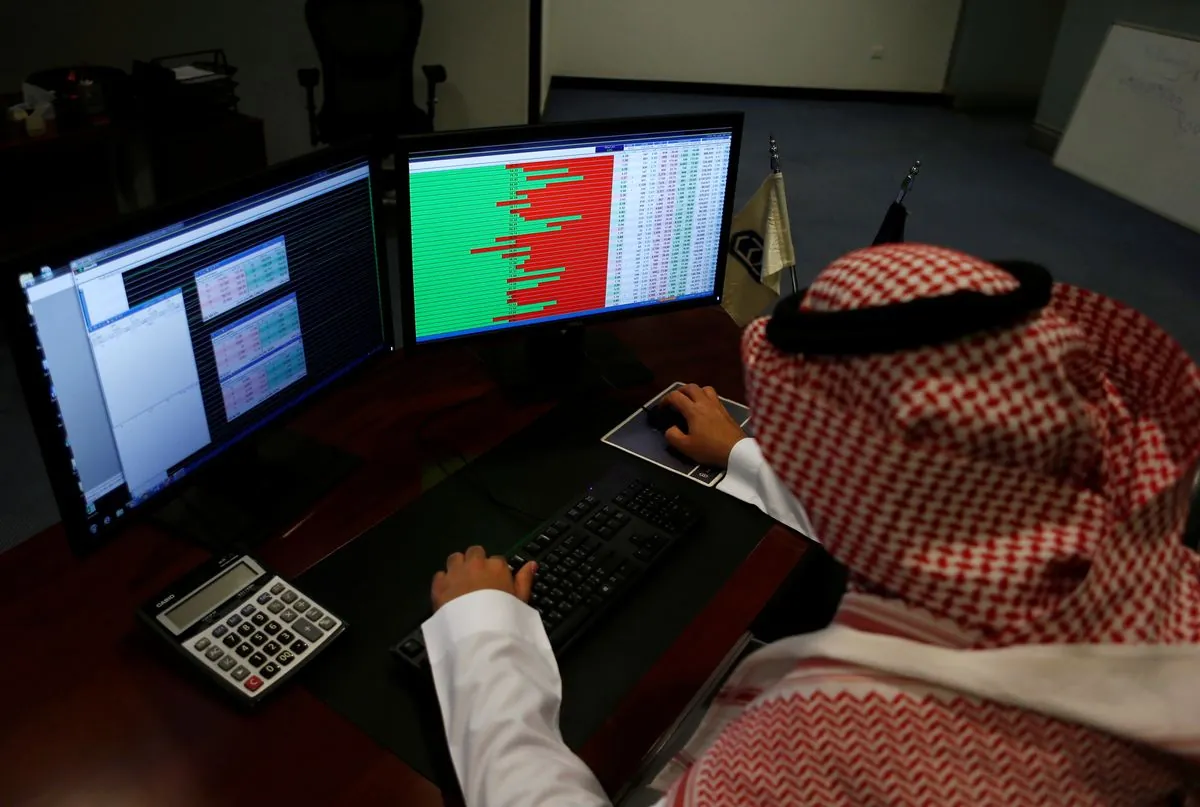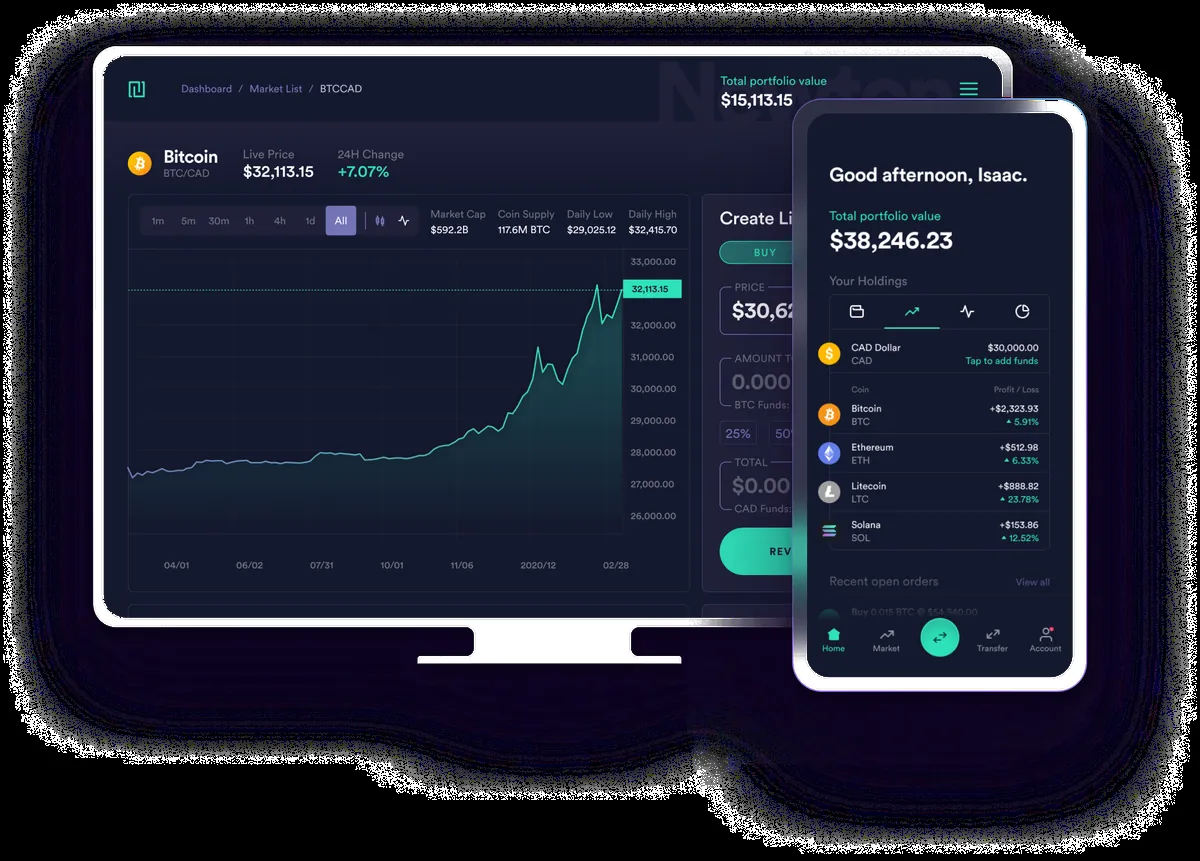Gulf Markets React to Fed Rate Cut Expectations Amid Regional Developments
Gulf stock markets show mixed performance as Federal Reserve minutes hint at potential September rate cut. Regional indices fluctuate while companies announce strategic moves in finance and real estate sectors.

On August 22, 2024, Gulf stock markets exhibited varied performance in early trading, responding to signals from the U.S. Federal Reserve regarding potential interest rate cuts. The Fed's recent meeting minutes have solidified expectations for a rate reduction in September, marking a significant shift in monetary policy.
Financial markets have fully priced in a 25-basis-point rate cut for next month, with a one-in-three probability of a more substantial 50-basis-point reduction. This anticipation has sparked interest across global markets, including those in the Gulf region.
"The financial community eagerly awaits insights on the potential magnitude of the September rate cut."
Investors are keenly awaiting Jerome Powell's address at the Jackson Hole economic symposium on August 23, 2024. The symposium, an annual event since 1978, has become a crucial platform for central bankers to signal monetary policy directions.
The Gulf Cooperation Council (GCC), established in 1981, typically aligns its monetary policies with the Fed's decisions due to most regional currencies being pegged to the U.S. dollar. This practice, which became widespread after the 1944 Bretton Woods Agreement, underscores the interconnectedness of global financial systems.
In the United Arab Emirates, the Abu Dhabi benchmark index saw a slight uptick of 0.1%. Notable movements included a 3.7% rise for Multiply Group and a 1.3% advance for ADNOC Gas, a company formed in 2023 from the consolidation of ADNOC's gas operations. Conversely, Phoenix Group experienced a 1.7% decline.

Phoenix Group, a cryptomining and blockchain conglomerate, announced a partnership with Tether to launch a stablecoin pegged to the UAE dirham. This development highlights the growing intersection of traditional finance and cryptocurrency, a sector that has evolved significantly since Bitcoin's creation in 2009.
Saudi Arabia's benchmark stock index rose by 0.3%, with gains across various sectors. The Saudi National Bank, the kingdom's largest lender, saw a 0.4% increase, while Dr Sulaiman Al Habib Medical advanced by 1.4%. The Saudi Stock Exchange, known as Tadawul, remains the largest in the Middle East.
Dubai's stock index experienced a slight 0.1% dip. Salik, the road toll system introduced in 2007, dropped 1.8%, and Commercial Bank of Dubai fell 5.5%. However, Tecom Group gained 1.8% following its announcement of acquiring new commercial and industrial assets as part of a 1.7 billion dirham strategic plan.
Qatar's benchmark index also saw a minor 0.1% decrease, with Qatar National Bank, the largest lender in the Middle East and Africa, sliding 0.5%. Mesaieed Petrochemical also experienced a 0.5% drop.
As the financial landscape continues to evolve, the interplay between traditional markets, cryptocurrency innovations, and central bank policies remains a focal point for investors and analysts alike.


































